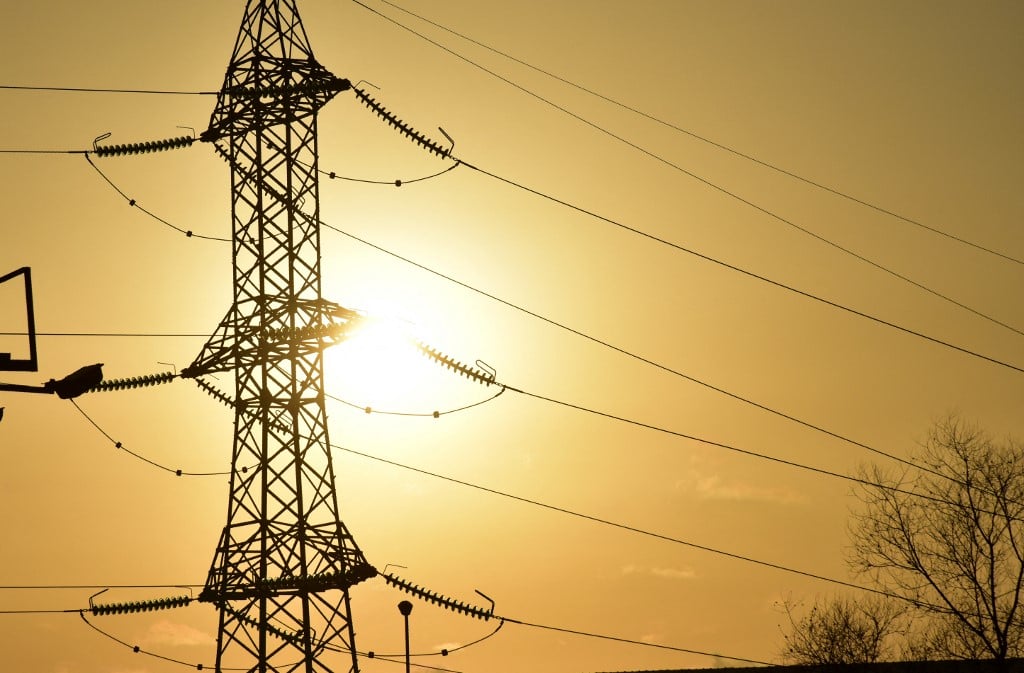Uganda’s Electricity Distribution Dispute and Reform

The return of electricity distribution to state hands has sparked a dispute with the private company that was ousted. Umeme, an electricity distribution company, announced on 2 June that it will take its quarrel with the Ugandan government to an arbitration court in London, after weeks of unsuccessful negotiations. Umeme ran Uganda’s distribution network for twenty years until its contract expired in March. The government has already paid out $118m and says it owes nothing more, unless additional costs are revealed by an ongoing audit.
The dispute follows the government’s decision to take control of electricity distribution back into state hands – the latest twist in a long-running debate about who should pay, and who should profit, in the quest to power Africa. Since the 1990s the World Bank has been urging African governments to break up state utilities and bring in private capital. Uganda became the first country in Anglophone Africa to turn over electricity distribution to a private operator when it granted a concession to Umeme in 2005.
But the government now thinks that the best way to bring down electricity prices and widen access is to return responsibility to the Uganda Electricity Distribution Company Limited (UEDCL), a state-run firm, at least for a few years until another private investor is found. The decision will be watched by other countries, including Ghana, which is preparing to invite private participation in its own distribution network.
The dominant model of electricity reforms draws inspiration from the policies adopted in the 1980s by governments in Chile and the UK. National utility companies, which produced power and delivered it to households, would be unbundled. Separate firms would handle generation, transmission, and distribution. Proponents argued that this package would enable competition, attract investment and enhance efficiency.
The full package of reforms was rarely implemented. By 2016 only 6 countries in sub-Saharan Africa had both unbundled their power utilities and invited private sector participation. World Bank researchers concluded in 2017 that “the model is much harder to adopt than originally believed.”
Uganda was one of the most enthusiastic reformers due to the push from the World Bank and internal deliberations. The drive for reform in the electricity sector came “50/50” from World Bank pressure and internal deliberations.




